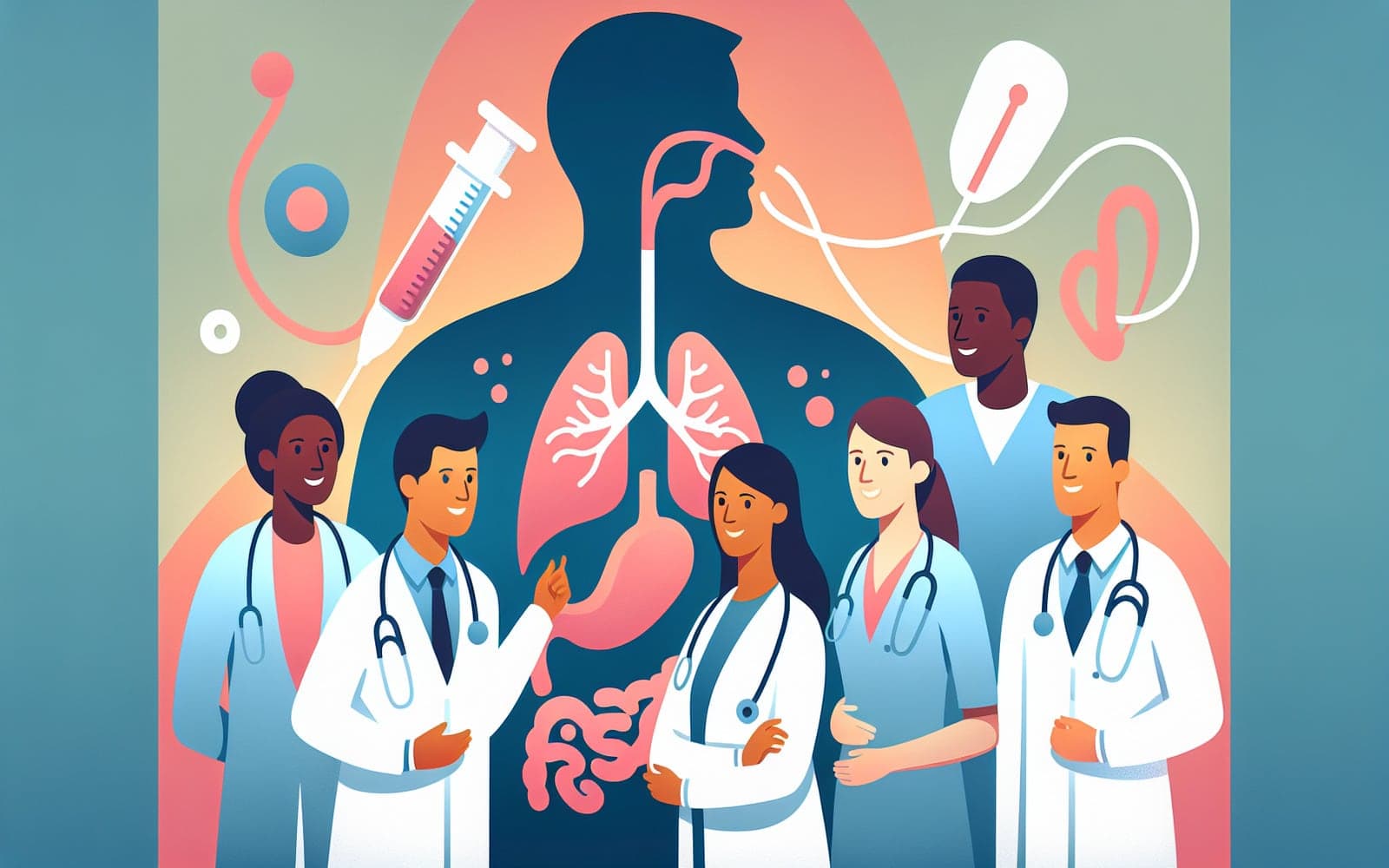How Do Doctors Diagnose Laryngopharyngeal Reflux?
Published: Feb 07, 2024
Diagnosing laryngopharyngeal reflux (LPR) can be complex, but understanding the methods can help you make informed decisions.
Contents
The Empiric Treatment Approach
One way doctors diagnose LPR is by trying treatment first. If symptoms improve with treatment, it suggests LPR might be the cause. This approach avoids uncomfortable tests but can sometimes overlook other conditions.
Testing for LPR
For a more precise diagnosis, doctors might use tests like laryngoscopy or pH monitoring. These tests can confirm LPR by showing how much acid is reaching the throat. However, they can be uncomfortable and aren't always necessary for everyone.

Choosing the Right Approach
Deciding between empiric treatment and testing depends on individual circumstances. Many doctors discuss options with patients to find the best approach based on symptoms and medical history. Testing might be more suitable for severe or persistent cases.
Frequently Asked Questions
Empiric treatment involves treating symptoms first to see if they improve.
Tests include laryngoscopy and pH monitoring.
Not always, it depends on the severity and persistence of symptoms.
Key Takeaways
Could testing be the next step in confirming your LPR diagnosis?
Discuss with Doctronic to choose the best diagnostic path for you.Related Articles
References
Belafsky PC, Postma GN, Koufman JA. The validity and reliability of the reflux finding score (RFS). Laryngoscope 2001; 111:1313.
Cumpston EC, Blumin JH, Bock JM. Dual pH with Multichannel Intraluminal Impedance Testing in the Evaluation of Subjective Laryngopharyngeal Reflux Symptoms. Otolaryngol Head Neck Surg 2016; 155:1014.
Always discuss health information with your healthcare provider.

